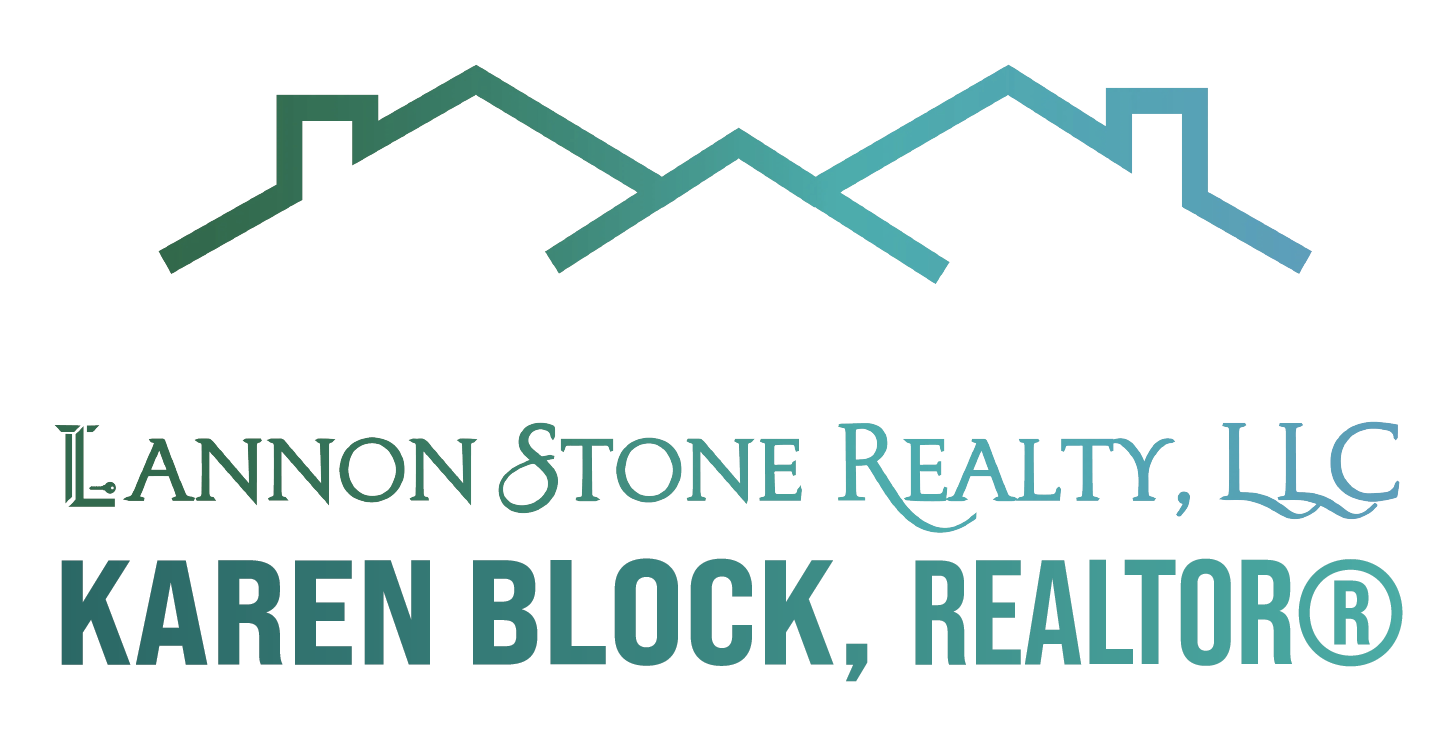· Financial Situation: Assess your financial position, including retirement savings, income, and expenses. Determine if buying another property aligns with your budget and retirement plans.
· Lifestyle and Flexibility: Consider your desired lifestyle in retirement. Renting offers more flexibility, allowing you to downsize, relocate, or explore different communities without the responsibilities of homeownership.
· Maintenance and Upkeep: Owning a home comes with maintenance and repair costs. Renting eliminates these responsibilities, making it an attractive option for those seeking a more carefree lifestyle.
· Market Conditions: Evaluate the local real estate market. Determine if it’s a seller’s or buyer’s market, as this can impact the potential return on investment and affordability of purchasing a new property.
· Equity and Cash Flow: Selling your house may provide a substantial amount of equity. Consider how this equity can be utilized to generate income or enhance your retirement savings.
· Tax Implications: Consult with a financial advisor or tax professional to understand the tax implications of buying or renting in your specific situation.
Ultimately, the decision between buying or renting should be based on individual circumstances and preferences. It may be helpful to consult with a real estate agent and financial advisor to explore all available options and make an informed decision.
Karen Block
Lannon Stone Realty
414-737-1642 (Call or Text)

